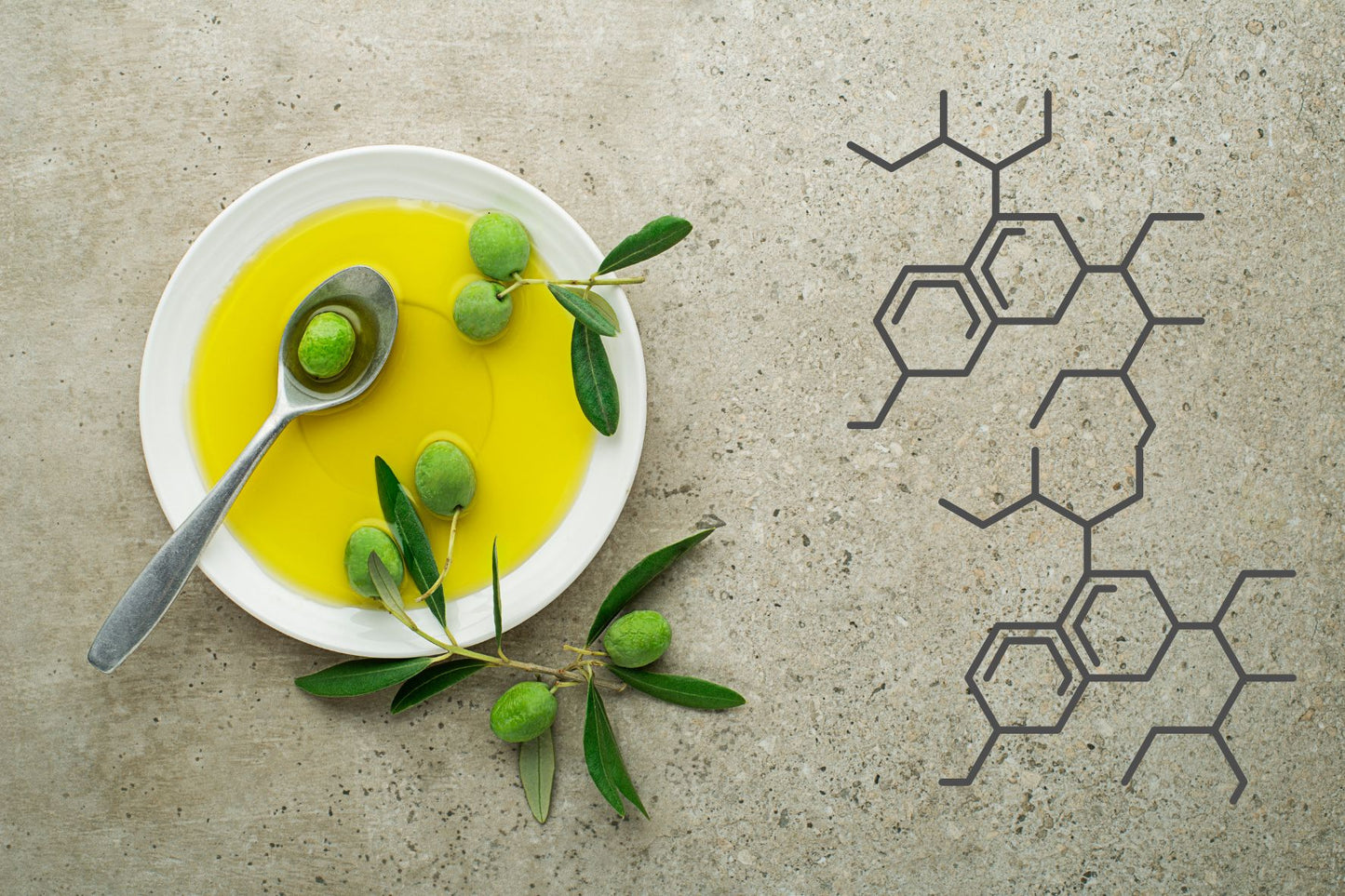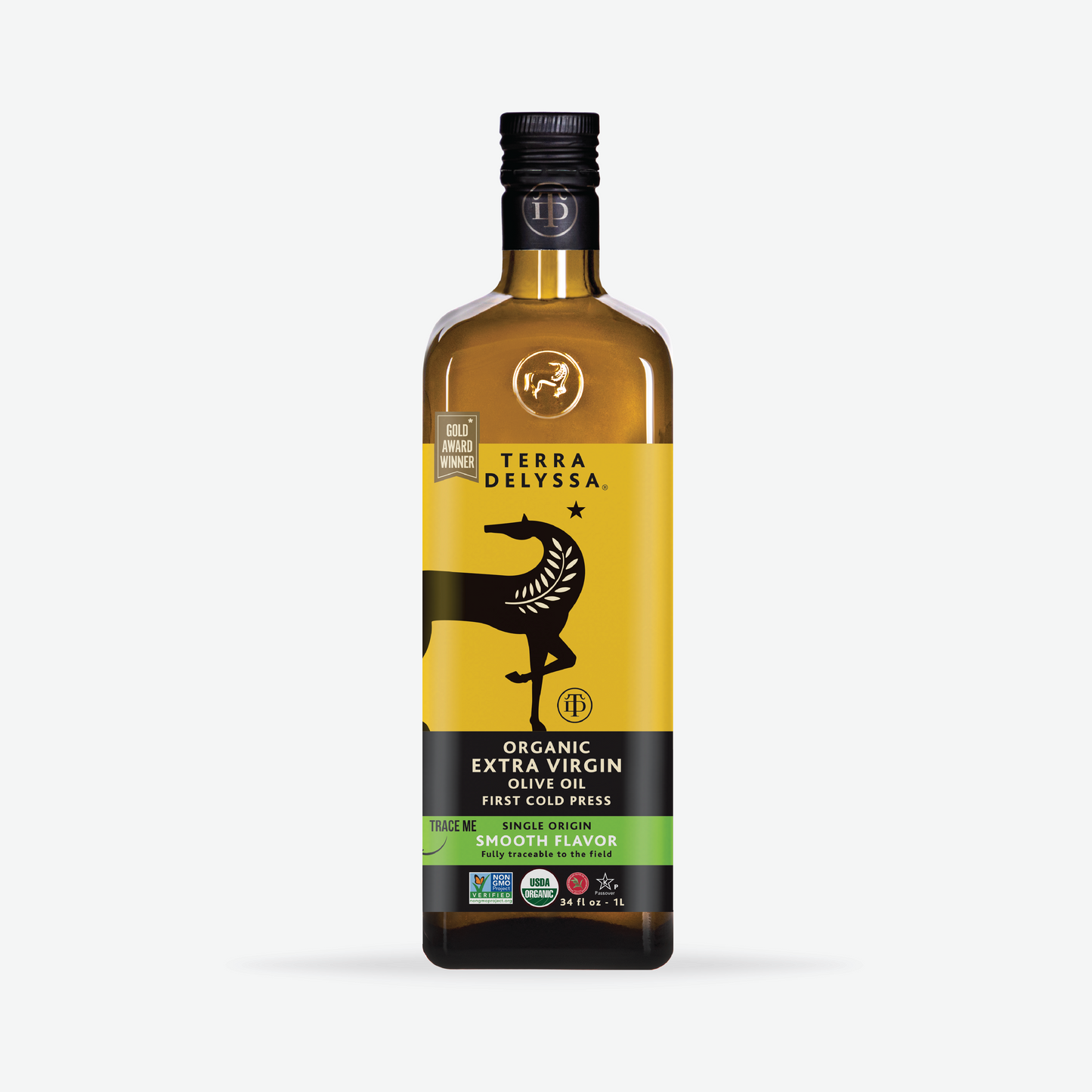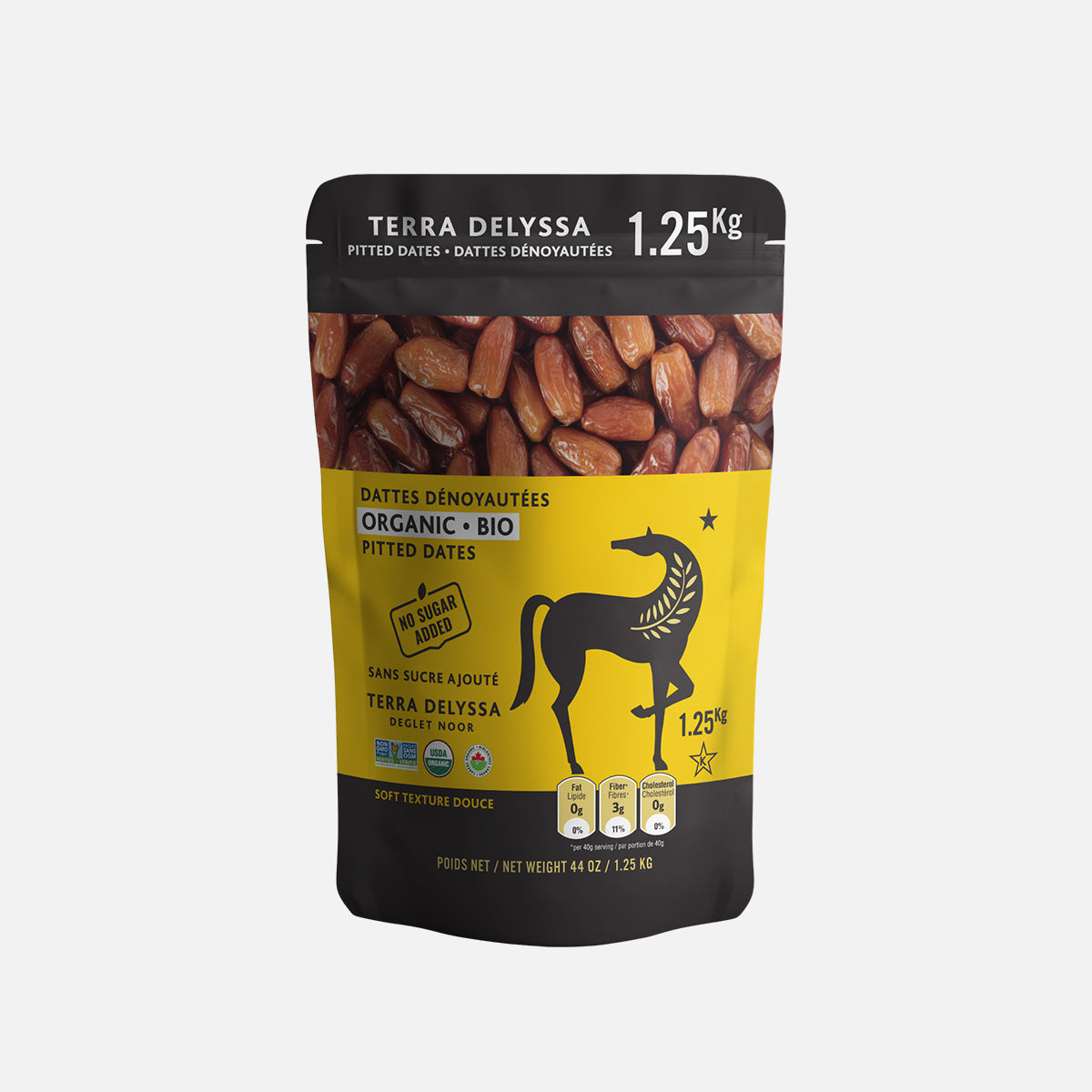
Extra virgin olive oil is one of the most popular cooking oils on the market today, thanks to its flavor and numerous health benefits. While many people are aware of the health benefits of extra virgin olive oil, one of its most important components is often overlooked: polyphenols. Polyphenols are powerful antioxidants found in many plant-based foods, and extra virgin olive oil is an excellent source. Let’s take a closer look at polyphenols and why they are so important for our health!
What Are Polyphenols?
Polyphenols are compounds that help protect the body from damage caused by free radicals. Free radicals are unstable molecules that can damage cells, which can lead to a variety of health issues, including premature aging and various diseases. Polyphenols are thought to help neutralize these molecules, thus providing a protective effect. Studies have shown that extra virgin olive oil contains higher levels of polyphenols than other types of cooking oils, so it’s an excellent source for this beneficial compound.
Health Benefits of Polyphenols
The antioxidant properties of polyphenols make them especially beneficial for your overall health. They can help reduce inflammation throughout the body, which may be beneficial for those with chronic inflammatory conditions such as arthritis or asthma. They also have been linked to improved heart health; studies have shown that consuming polyphenol-rich foods can reduce cholesterol levels and lower blood pressure. In addition, polyphenols have been linked to improved brain function, due to their ability to cross the blood-brain barrier and interact with neurons in the brain. They may even help protect against certain types of cancer due to their anti-inflammatory effects on cells.
What is the polyphenol count in Terra Delyssa extra virgin olive oil?
There are different factors that determine the polyphenol content of extra virgin olive oil, such as time of harvest, olive varieties, and climate.
Polyphenols are naturally higher in Tunisian olive oil due to the varieties grown in the dry desert soil. CHO Laboratory, accredited by the International Olive Council, states the rate of polyphenols is between 200 PPM (mg/kg) and 300 PPM (mg/kg).
It’s important to note that our dark glass bottle protects preserving the polyphenol content. Make sure you store your Terra Delyssa bottle in a dark cool place and away from the hot stove.
Conclusion
Extra virgin olive oil is an excellent source of polyphenols - powerful antioxidants with numerous potential health benefits. From reducing inflammation throughout the body and promoting heart health, to improving brain function and potentially protecting against certain types of cancer - there are plenty of reasons why you should be incorporating extra virgin olive oil into your diet! So the next time you reach for a bottle of extra virgin olive oil while cooking up your favorite dish, remember all the amazing benefits it has to offer!
References:
https://www.oliveoil.com/high-polyphenol-olive-oil/
https://www.oliveoiltimes.com/basics/what-are-polyphenols-and-why-should-you-care/103382

